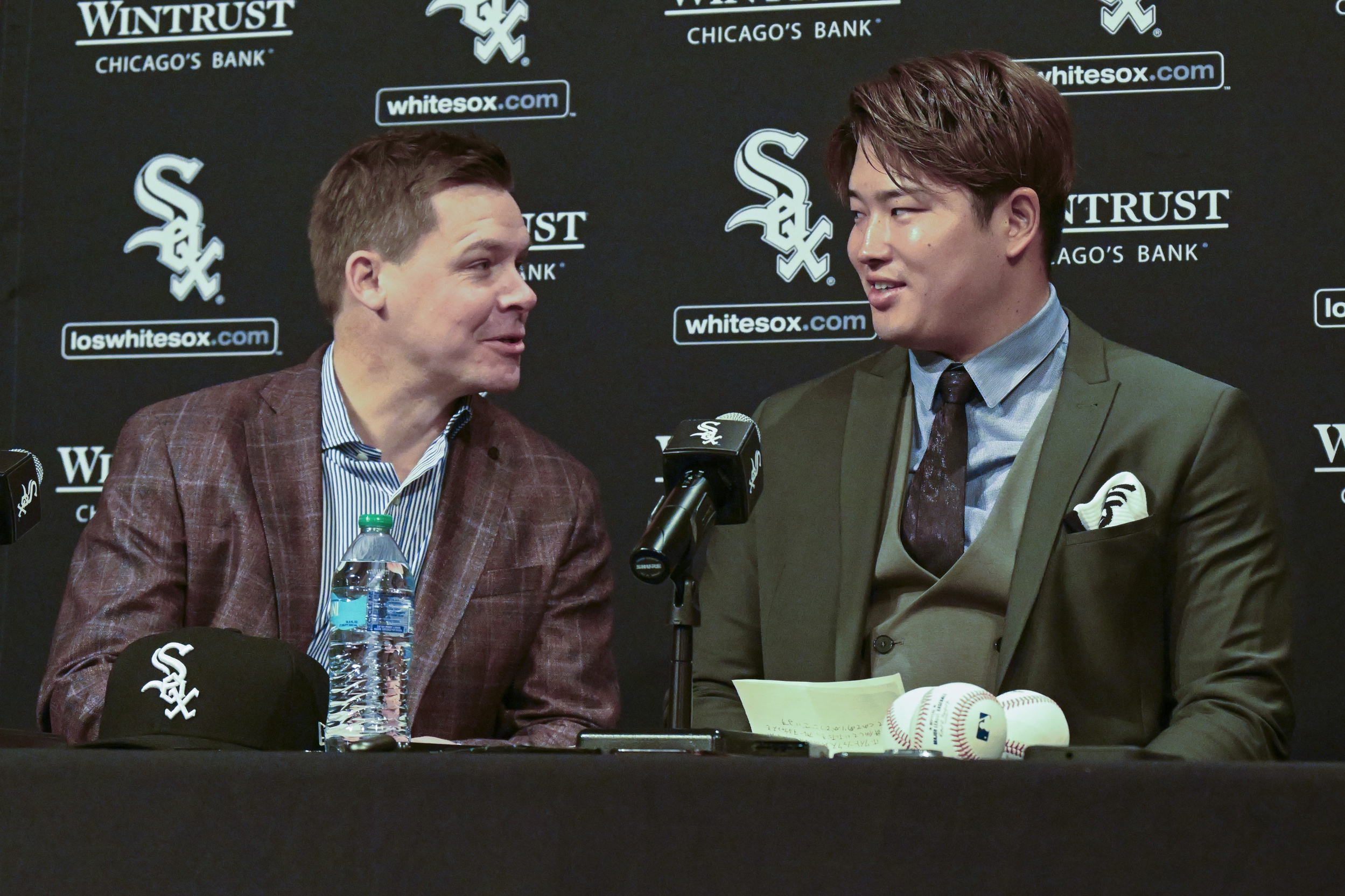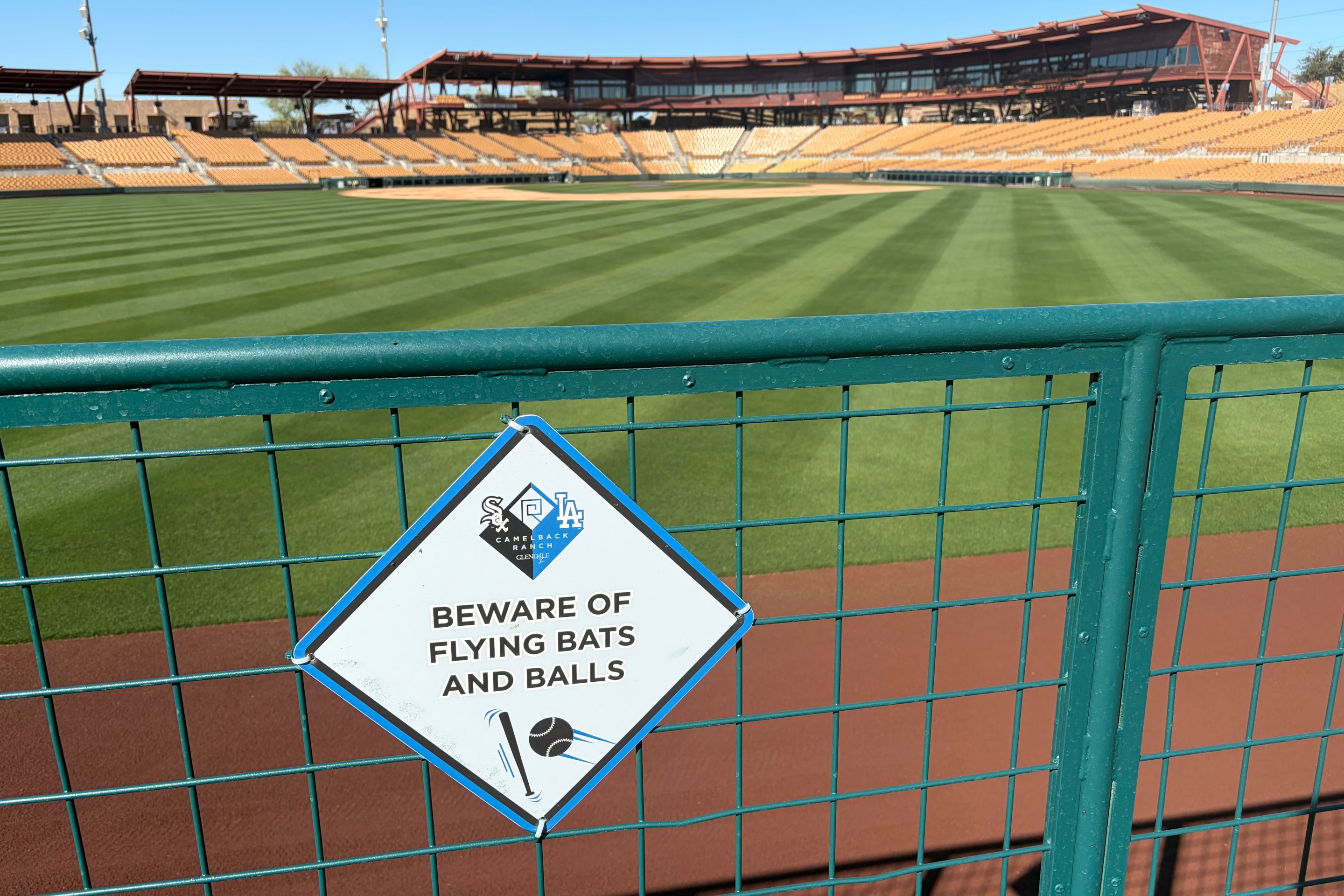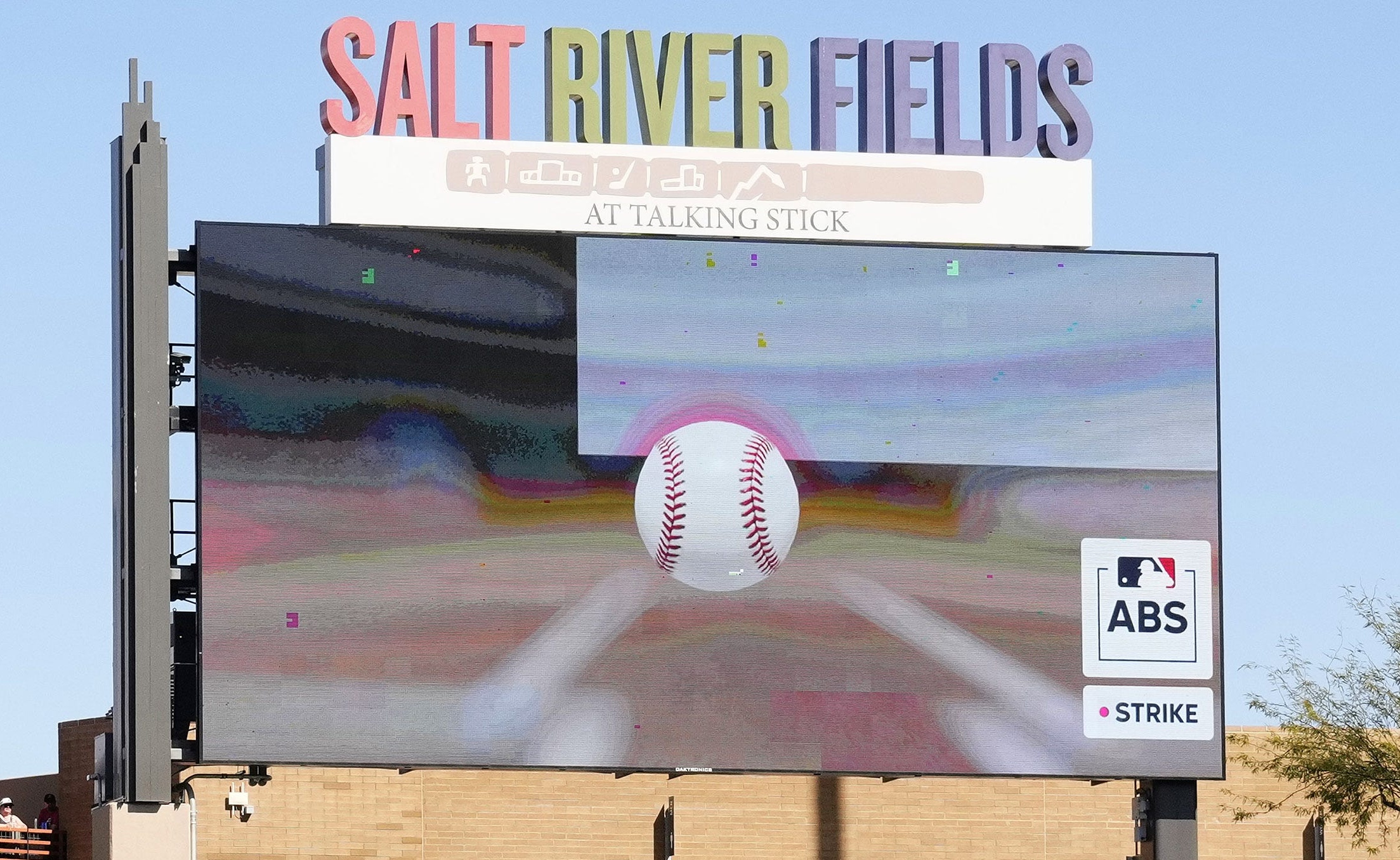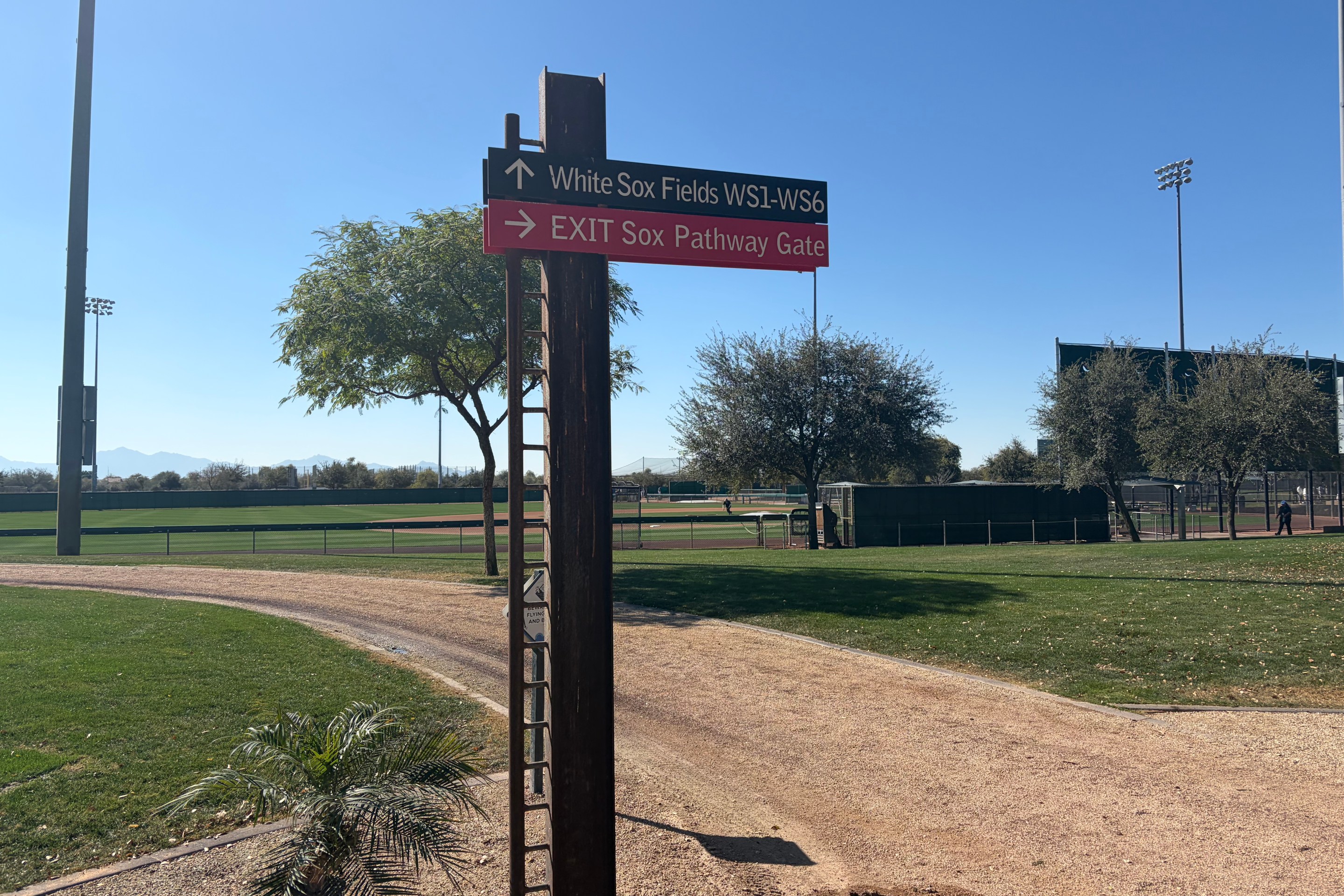The recent news of declining Tim Anderson’s option, cutting payroll, and exploring a trade of Dylan Cease (and anyone else not named Luis Robert) leaves no doubt that we’re in our third rebuild in the last 12 years. We’ve just seen the second most losses in a season in team history. The team’s owner can’t help but sabotage his own product by being unwilling to pay market value for talent, both on and off the field. All of this combined with the consistently condescending attitude coming from 35th and Shields towards the fans has caused me to rethink my relationship with the White Sox. I love the game of baseball, and have always been passionate about my favorite team. But for those of us who choose not to support the current ownership, what are we to do?
After trying to follow several other teams during the season (Padres, Cardinals, Brewers, Rangers), I found it completely unsatisfying for various reasons. Then recently the Cubs made their bold managerial hire, which got me thinking. I have come to realize that a part of my fandom is related to my strong affinity for the Chicago area. That leaves only one possible solution, following the Cubs. I’ve never been one to hate on the Cubs, as I believe that if the Cubs do well that’s good for the city and also might help to spur change on the South Side in an attempt to keep up. But I understand that many of my fellow White Sox brethren have a deep emotional hatred for the team up north. But if we look at the two teams objectively, can we come to any conclusions?
Championships - Both teams have won exactly one World Series title in this millennium, and both have 3 titles overall. The Sox have been to the World Series 5 times, the Cubs 11 times. The Sox have been to the playoffs 11 times, the Cubs 21 times. What about more recently? Since 2000 the Sox have 5 playoff appearances to the Cubs 8. In the last decade the Sox have 2 playoff appearances with no series wins, and the Cubs made the playoffs 5 times with 6 series wins and of course the 2016 championship. While both teams have the same number of championship flags overall the Cubs have unquestionably been more successful in recent history.
Rebuilds – The Cubs decided to rebuild after the 2011 season and were in the playoffs by 2015. They also sold off after 2020 when they had just won their division, resulting in the current team just missing last year’s playoffs. The Sox also did a rebuild after 2011 and actually improved in 2012 but weren’t able to get to .500 after that, so the Sox again tore it down after the 2016 season. Rebuild 2.0 led to winning a whopping 2 playoff games, one in 2020 and one in 2021. The latest rebuild is now on, enough said. Advantage Cubs.
Bold Moves – The Cubs hired Theo Epstein following the 2011 season after he won titles with Boston in 2004 and 2007. The Sox promoted Chris Getz after he oversaw a farm system that went from #1 in his first year (2017) to last in 2022. The Cubs fired Rick Renteria after the 2014 season to hire Joe Maddon who had the Rays in the playoffs 4 of the previous 7 years. Maddon won it all in 2016. The Sox took a page from the Cubs’ playbook when they fired Rick Renteria after making the playoffs as a wild card in 2020, hiring Tony LaRussa after 10 years away from the dugout. LaRussa left less than 2 years after being hired. More recently, the Cubs duplicated their earlier bold move in the dugout by hiring Craig Counsell from the Brewers for a $40M contract which would rank #11 all-time among Sox player contracts. Speaking of contracts, the Cubs signed Jon Lester to a 6 yr $155M contract before the 2015 season, and the Sox signed Dallas Keuchel to a 3 yr $55M contract after 2019. The Cubs wrapped up Jason Heyward to a team record 8 yr $184M contract before the 2016 season, and the Sox signed Yasmani Grandal for 4 yrs $73M after 2019. The Cubs signed Dansby Swanson to a 7 yr $177M contract last offseason, while the Sox inked Andrew Benintendi to a team record 5yr $75M contract. On the trade front, both teams have made mistakes trading young future stars for declining veterans. While you have to go back to 1964 to find the Cubs’ worst trade (Lou Brock), more recently they traded a young Josh Donaldson in 2008. In 2014, the Sox traded Marcus Semien and in 2016 they traded Fernando Tatis Jr. The Cubs bold moves appear to be significantly more successful than those of the Sox.
Fan Experience – Let’s first discuss off the field situations with players, as player likeability impacts my experience as a fan. The Cubs traded for Aroldis Chapman after domestic violence charges while the Sox fired Omar Vizquel and Wes Helms due to sexual harassment in the clubhouse, Mike Clevinger was signed after also being charged with domestic violence, and of course there are the incidents with Adam LaRoche and Chris Sale back in the day. Add to that all the comments by former Sox players after the trade deadline this past year which, to summarize, painted a picture of no locker room accountability and a lazy work ethic. Then there’s ownership. Tom Ricketts made the famous “The scale of losses across the league is biblical” comment. On the other hand, Jerry Reinsdorf said, “The fact that you finish second or third or fourth it doesn’t mean you had a bad year.” He also must approve all contracts and has significant input in personnel decisions (Machado/Harper/LaRussa). How about the ballparks? The Sox have great food and beer selections along with a lousy naming partner for their stadium, not to mention the specter of a possible move when their lease runs out in a few years. Due to recent renovations, the Cubs have a sanitized, more modern version of the park that used to be at Clark and Addison, but at least they didn’t knock it down to start from scratch. Also, to my knowledge, nobody has been shot inside the north side ballpark. Obviously, there is no comparison between the teams regarding the area immediately surrounding the parks. At least Sox fans can tailgate in the parking lots, but it would be nice to have a watering hole, restaurant, or live entertainment around for pre- and post-game adventures. The Cubs Convention will be celebrating 37 years in January, while Sox Fest appears to be a thing of the past since there hasn’t been one since 2020. In addition to that Jason Benetti is moving to Detroit which is yet another slap in the face to the few fans that were still able to stomach watching the brand of baseball the Sox have played for the past several years. Plus, comments from the GM and manager stating that even they don’t like their team. While it pains me to admit it, the fan experience outside of on-field results also favors the Cubs.
While it’s hard to remain objective when discussing a topic as bombastic as fandom, the facts are the facts. In the last decade or more, the Cubs have been the more successful team on the field, the more enjoyable team to watch, and they’re more likeable. Their ownership appears to be willing to put the resources needed to win in the hands of smart baseball people and then stay out of baseball decisions. Their largest contract is almost 2.5 times the Sox’s largest contract, so they aren’t afraid to spend on the right talent. Perhaps my unconscious bias has me picking overly negative examples from the Sox and overly positive examples from the Cubs, but I think there are enough data points to draw a conclusion. I’ll always be a Sox fan first and I’m sure I will support the team as soon as they give me a reason to, but I’m finding it virtually impossible to believe that will happen while Reinsdorf owns the team. I’ll still follow the Sox and I’ll continue to support Sox Machine, but especially with recent events I’m finding it harder and harder to avoid moving from “not a Cubs hater” to “Cubs fan.” Can anyone be a fan of both Chicago teams? Would buying a Cubs hat cross a line that I can’t come back from? Am I not a true Sox fan to be even considering following the Cubs too? Would I have to change my screen name? I’d love to know what you think in the comments below. Thanks for reading.






